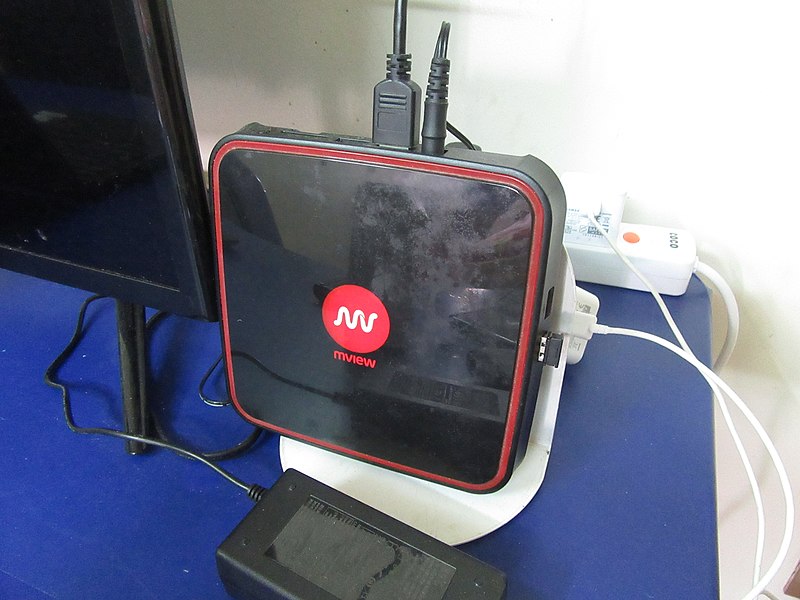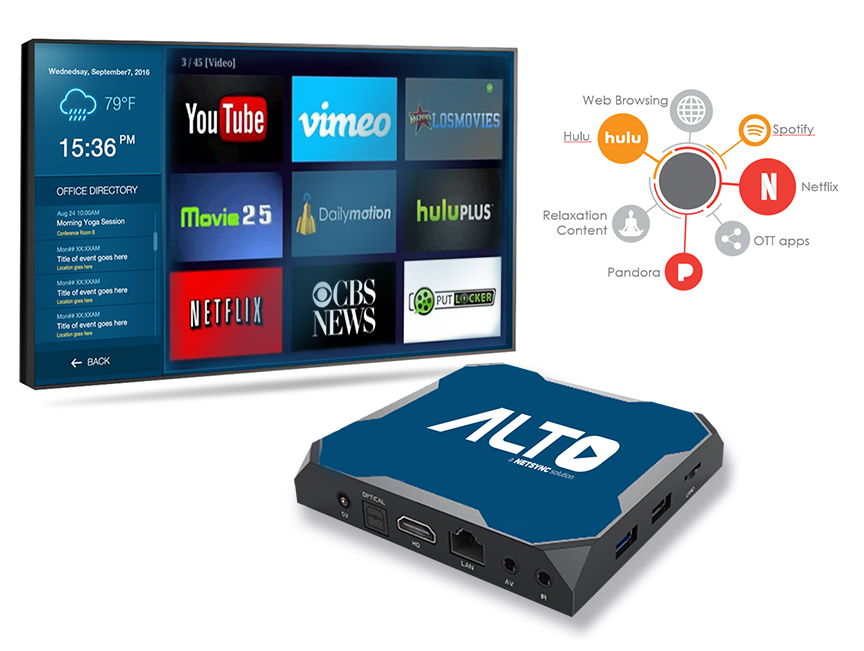What is IPTV and Exactly How Does It Function?
What is IPTV and Exactly How Does It Function?
Blog Article
Just How IPTV Works: Your Full Guide to Streaming Television Online
IPTV, or Internet Method Television, represents a considerable shift in exactly how we eat tv web content, moving away from conventional broadcasting methods to a much more adaptable, internet-based strategy. By making use of a client-server model, IPTV allows individuals to access a vast array of programming through digital packets transmitted over broadband links.
What Is IPTV?
In the world of electronic media, IPTV, or Internet Protocol Tv, stands for a transformative method to providing tv web content. Unlike typical broadcasting approaches, which rely upon cord, terrestrial, or satellite systems, IPTV uses web method to stream web content straight to gadgets such as tvs, smartphones, and tablets. This modern technology makes it possible for individuals to access a variety of shows with high-speed net links, providing flexibility and ease.
IPTV can be categorized into 3 main service versions: online television, video clip on demand (VOD), and time-shifted tv. Live tv enables users to enjoy broadcasts in real-time, while VOD gives access to a library of web content that can be seen at the visitor's comfort. Iptv. Time-shifted television enables customers to view programs at their preferred time, also if they originally broadcast real-time
Moreover, IPTV often includes interactive features, such as digital program overviews and video recording capabilities, enhancing the viewing experience. As customers increasingly demand customized content and on-demand solutions, IPTV stands apart as an engaging solution, reshaping the tv landscape and offering extraordinary choices for visitors worldwide.
Just How IPTV Functions
The smooth integration of innovation and individual experience specifies just how IPTV runs. Web Method Television (IPTV) supplies television programs and various other multimedia web content via web protocols, instead of conventional terrestrial, satellite, or cable formats. This process includes inscribing video clip web content right into electronic packets that are transferred over a broadband web connection.
IPTV typically utilizes a client-server design where material is kept on a web server and sent out to the user's device-- such as a smart television, computer system, or smart phone-- upon demand. The content delivery is helped with with a set-top box or an application that deciphers the incoming data and provides it on the screen. Significantly, IPTV operates on an on-demand or online basis, enabling customers to access a wide array of channels and shows.
An essential aspect of IPTV is its reliance on a durable broadband link, which makes sure smooth streaming and high-quality video clip playback. In addition, IPTV systems usually incorporate advanced attributes such as digital program overviews (EPGs), time-shifting, and video-on-demand (VOD), improving the seeing experience. On the whole, IPTV represents a considerable evolution in exactly how viewers eat tv content, leveraging the power of the internet for boosted access and adaptability.
Benefits of IPTV
While traditional tv approaches commonly restrict visitor options and ease of access, IPTV offers various benefits that enhance the overall watching experience. One of the primary advantages is the extensive range of web content available. Visitors can access a huge library of networks, on-demand shows, and motion pictures, tailored to specific preferences.
In addition, IPTV supports multiple tools, enabling users to stream material on smart devices, tablets, clever TVs, and computer systems. This flexibility makes certain that visitors can watch their preferred programs anytime and anywhere, as long as they have a net link. Moreover, IPTV frequently includes interactive aspects, such as rewind, document, and pause performances, giving users with higher control over their watching practices.
Cost-effectiveness is one more significant advantage. Numerous IPTV services use affordable prices contrasted to typical cable subscriptions, usually without hidden fees or long-lasting contracts. This price makes it much easier for customers to discover numerous channels and content without considerable monetary dedications.
Finally, IPTV normally flaunts superior picture top quality, including high-definition and 4K choices, improving the total watching experience. Collectively, these advantages make IPTV a compelling selection for contemporary viewers looking for adaptability, range, and high quality in their entertainment alternatives.
Kinds of IPTV Provider
IPTV solutions can be categorized into numerous distinct types, each providing to various customer requirements and preferences. The key classifications include live television, on-demand content, and time-shifted IPTV.
Real-time tv IPTV uses real-time streaming of broadcast networks, permitting audiences to watch programs as they air. This solution carefully resembles traditional cord television, offering accessibility to a variety of channels, consisting of news, sports, and enjoyment.
On-demand IPTV, on the other hand, makes it possible for individuals to pick and enjoy content at their comfort. This includes movies, collection, and documentaries additional info that can be streamed whenever the browse around this web-site visitor picks, using flexibility and personalization.
Time-shifted IPTV combines elements of both on-demand and live solutions. It enables viewers to stop, rewind, or document live broadcasts, providing them the capacity to manage their seeing experience. This solution is particularly beneficial for those with active schedules, as it fits audiences that may miss out on real-time programs.

Establishing IPTV
Establishing IPTV entails numerous crucial actions to guarantee a smooth viewing experience. First, you need a stable internet link, preferably a broadband service with a minimum speed of 10 Mbps for standard interpretation and at the very least 25 Mbps for high interpretation streaming. This guarantees minimal buffering and a smooth playback.
Following, pick an IPTV company. Study different alternatives, comparing their network offerings, prices, and individual evaluations. You commonly get login credentials and a web link to access the IPTV service. as soon as you have actually selected a company.
To begin streaming, you'll require a compatible tool - Iptv. Numerous IPTV solutions can be accessed with Smart Televisions, streaming boxes like Roku or Amazon Fire television, computers, or mobile phones. Download the equivalent app or software application for your chosen system
After installation, visit using your credentials and configure any kind of required setups, such as parental controls or network preferences. Lastly, link your tool to your tv via HDMI, and you're all set to delight in a vast range of networks and on-demand content. Consistently examine for software application updates to enhance efficiency and safety, guaranteeing an optimal IPTV experience.
Conclusion

IPTV, or Internet Procedure Television, represents a substantial change in how we consume television material, relocating away from standard broadcasting methods to a more versatile, internet-based technique.In the world of electronic media, IPTV, or Net Protocol Television, stands for a transformative strategy to supplying tv content.IPTV can be categorized right into three key solution versions: real-time tv, video clip on need (VOD), and time-shifted tv. Web Procedure Tv (IPTV) supplies tv programs and various other multimedia material by means of web procedures, rather than standard terrestrial, satellite, or cord formats. On the whole, IPTV stands for a substantial evolution in just how visitors take in television content, leveraging the power of the web for improved ease of access and adaptability.
Report this page